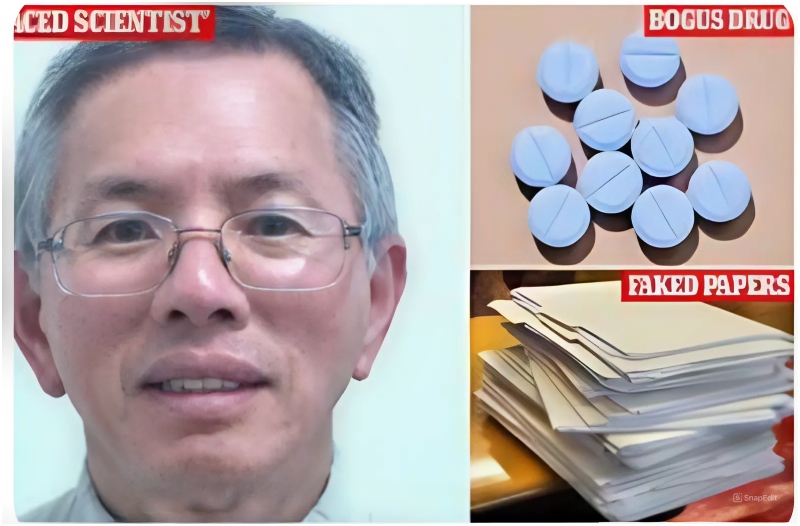A federal grand jury in the District of Maryland has indicted a Pennsylvania man for allegedly defrauding the U.S. National Institutes of Health (NIH) out of approximately $16 million in federal grant funds.
According to court documents, Hoau-Yan Wang, 67, a tenured medical professor at a public university’s medical school and a paid advisor to a Texas biopharmaceutical company, is accused of fabricating and falsifying scientific data in grant applications to the NIH.
This alleged scheme spanned from May 2015 to April 2023.
Wang’s fraudulent activities reportedly aimed to secure funding for research on a potential treatment and diagnostic test for Alzheimer’s disease.
These false grant applications resulted in NIH awarding around $16 million in grants between 2017 and 2021, which supported Wang’s laboratory work and salary.
The indictment outlines that Wang’s research was in the early development phases, or Phase 1 and Phase 2, of the proposed drug and diagnostic test, focusing on their intended function and the improvement of Alzheimer’s indicators.
Wang faces one count of major fraud against the United States, two counts of wire fraud, and one count of false statements.
If convicted, he could face up to 10 years in prison for major fraud, 20 years for each count of wire fraud, and five years for false statements.
The announcement was made by Principal Deputy Assistant Attorney General Nicole M. Argentieri of the Justice Department’s Criminal Division and FBI Washington Field Office Assistant Director in Charge David Sundberg.
The FBI Washington Field Office is investigating the case, with Trial Attorney Andrew Tyler, Deputy Chief Anna Kaminska, and Assistant Chief Leslie Garthwaite of the Criminal Division’s Fraud Section prosecuting.

